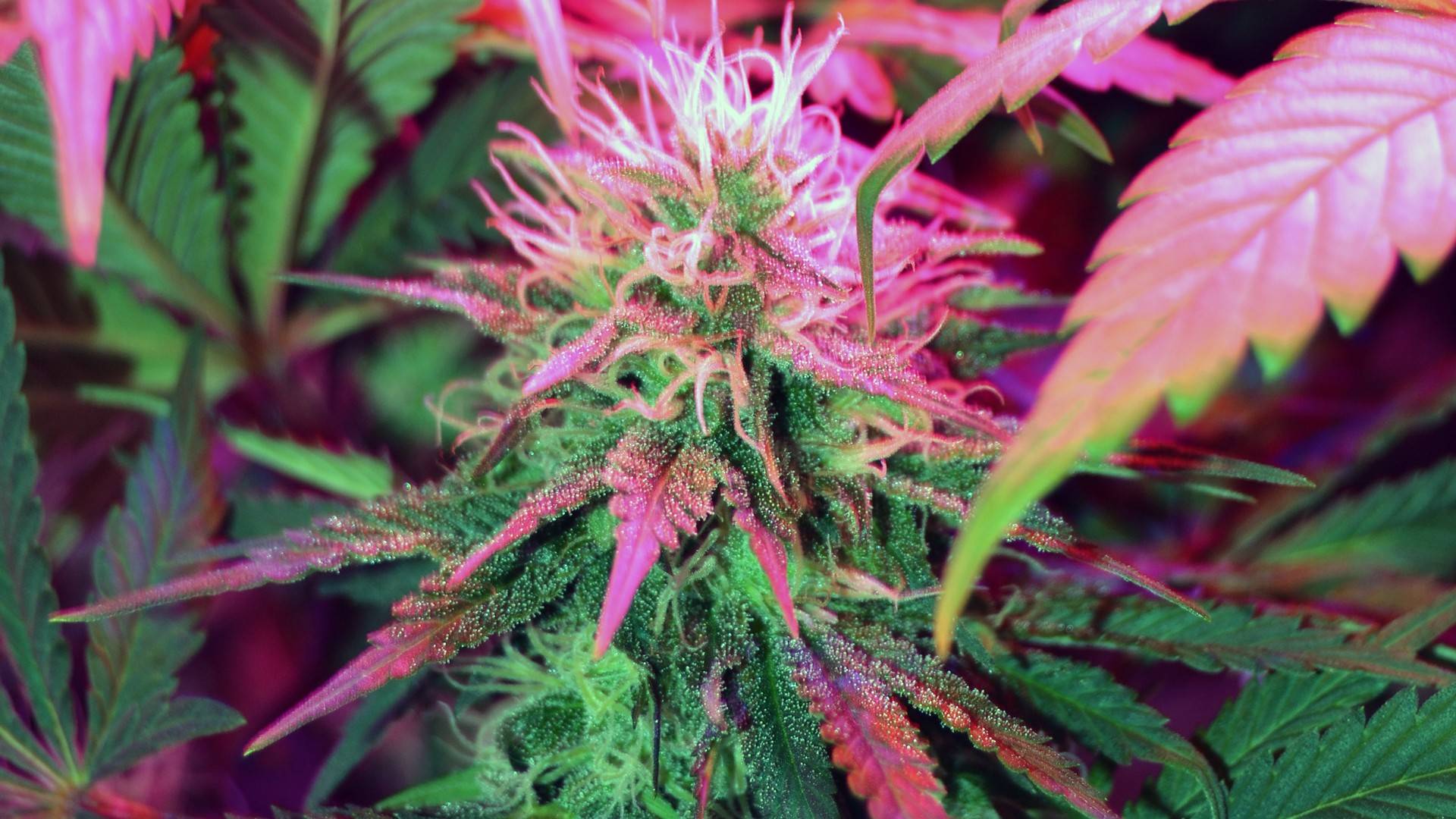
Oral ingestion and smoking are being complemented by new delivery,
technologies aimed at enhancing bioavailability, onset time and dose precision. These include:
- Nanoemulsions: Nanoemulsions are water-soluble formulations of cannabinoids that provide greater absorption and quicker onset of effects, especially when used in beverages and sublingual products.
- Transdermal patches: Transdermal delivery systems are designed to deliver cannabinoids over an extended period of time in a controlled manner, avoiding first-pass metabolism, and potentially delivering therapeutic concentrations consistently.
- Inhalers and metered-dose vaporizers: These provide a dose controlled pulmonary administration, which makes cannabis a more predictable modality in the clinical environment.
This is particularly exciting in medical cannabis where therapeutic consistency is key to conditions such as chronic pain, spasticity and epilepsy.
Individualized Cannabinoid Medicine
There is also a new body of research beginning to discuss personalized medicine applications of cannabis,
where cannabinoid formulations are variably tailored to an individual based on their genetic makeup, receptor sensitivity and metabolic speed.
The goal of pharmacogenomics and biomarker-driven research is to streamline treatment regimes; to pair patients with the most efficacious cannabinoid profiles; and to reduce side effects.
Digital health technologies and artificial intelligence (AI)-based systems are being designed to help direct cannabis titration,
investigate real-time patient outcomes,
and enhance long-term efficacy and safety monitoring through better data capture.
Synthetic Cannabinoids and Biotech Integration
The production of cannabinoids is being transformed via biotechnology. Biosynthetic production Biosynthetic production of pure cannabinoids can be achieved under controlled conditions using yeast or bacterial expression systems,
providing consistency and minimizing agricultural variation.
Also, synthetic cannabinoid analogs are being designed that specifically activate one or the other cannabinoid receptor or pathway,
which could allow greater therapeutic specificity with less psychoactive adverse effect.
Regulatory and Ethical Considerations
Since the science around cannabis is evolving,
regulatory frameworks also have to evolve to allow innovation,
guarantee safety, and efficacy.
The implementation of clinical-grade research standards,
standardization of products, and the encouragement of good labeling practices will be some of the essential factors in the responsible innovation of cannabis-based treatments.
There should also be an ethical concern regarding the privacy and accessibility of the data as well as the involvement of companies in cannabis science to promote equal progress among various populations.
